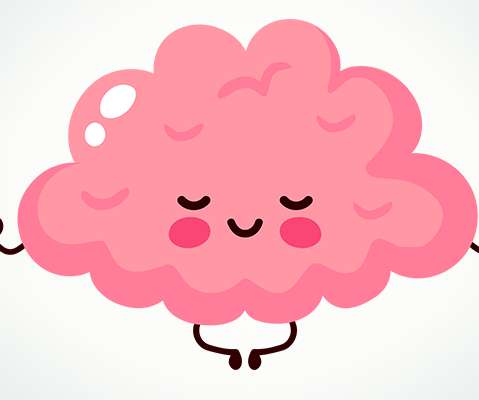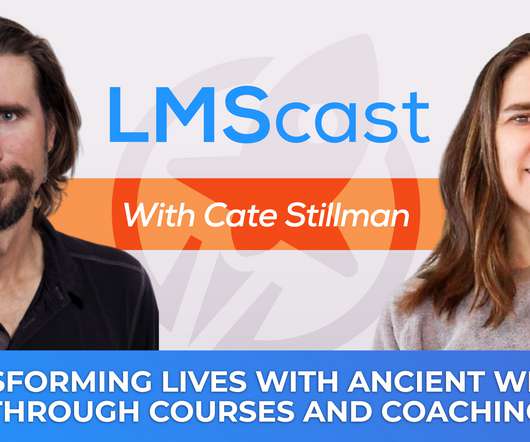How to stimulate engagement in elearning
KnowledgeOne
JUNE 6, 2024
” In active engagement, the learner is an actor in their learning and mobilizes as many of their cognitive skills as possible. 2001, for a demonstration using brain imaging). Incorporating game elements such as scoring, levels, and badges makes learning more fun and rewarding, activating the brain’s reward circuits.




























Let's personalize your content